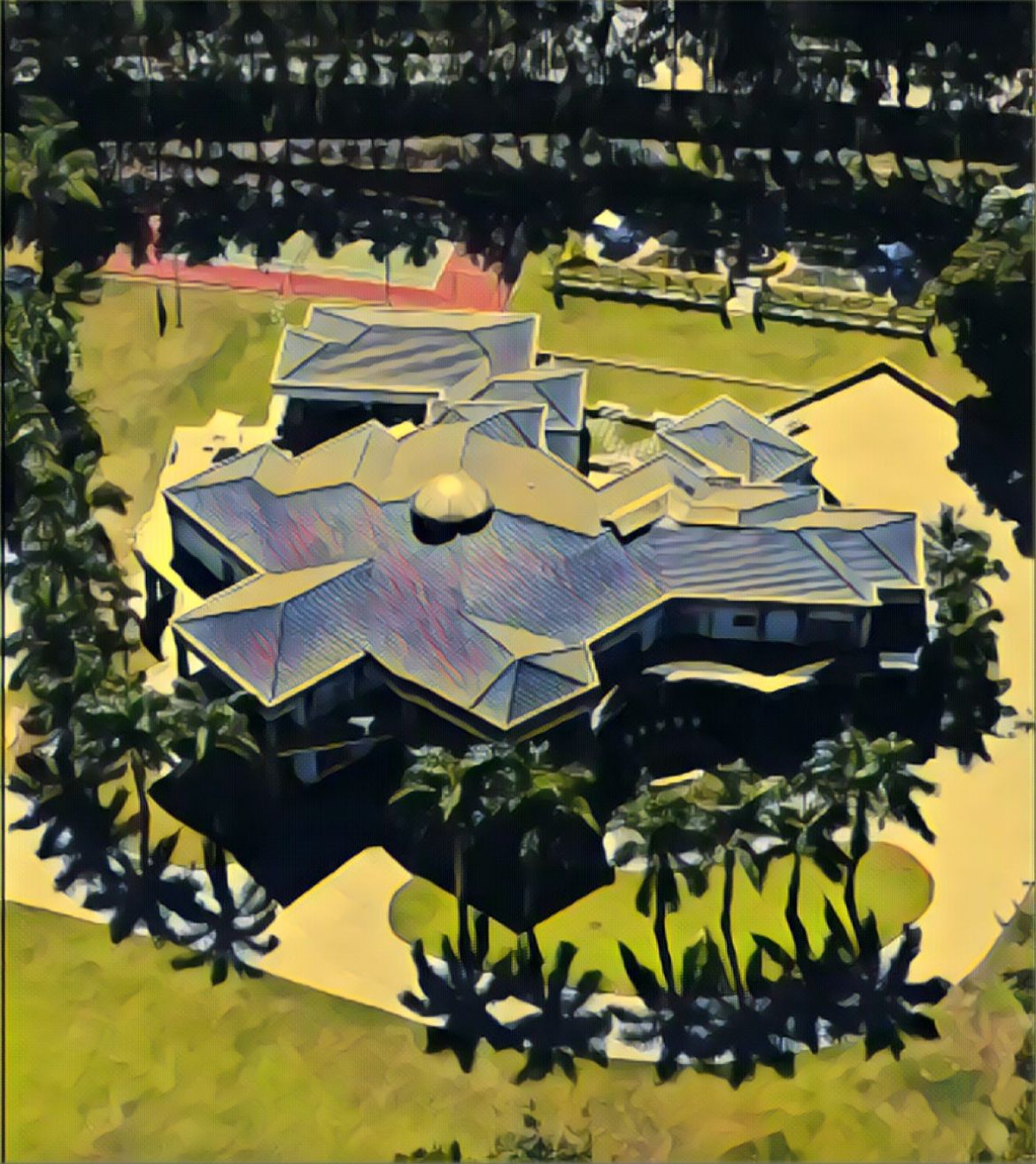A US$7 million mansion in Harare, Zimbabwe, is back in the spotlight after a controversial ownership change. The opulent property, previously owned by Augustine Chihuri, the former police chief who fled the country in 2017, now belongs to Wicknell Chivayo, a businessman with a criminal past and close ties to President Emmerson Mnangagwa. The deal has sparked renewed concerns about unexplained wealth and potential corruption within Zimbabwe’s political elite.
A Mansion Steeped in Controversy
Chihuri served as Zimbabwe’s police chief for decades under the regime of Robert Mugabe. He remained loyal to Mugabe until the very end, even as the long-time leader faced mounting pressure to step down. When Mugabe was ousted in a 2017 coup, Chihuri was arrested and later fled to neighboring Malawi. Zimbabwean authorities subsequently seized his mansion in Harare, suspecting it was acquired through ill-gotten gains. Chihuri claimed the seizure was politically motivated, but a court ultimately ruled in his favor in 2022 after the state failed to prove its case.
Wicknell Chivayo’s acquisition of the mansion raises a fresh set of questions. A businessman who has benefited from lucrative government contracts during Mnangagwa’s presidency, Chivayo has a checkered past. In 2004, he served jail time for failing to pay a South African business partner. Despite his criminal record, Chivayo appears to enjoy favor within the ruling Zanu PF party. He has been photographed socializing with Mnangagwa’s family and reportedly distributes expensive gifts to those loyal to the party. Investigations by Zimbabwe’s Anti-Corruption Commission into Chivayo’s wealth have so far yielded no results.
A Transaction Shrouded in Secrecy
The exact details surrounding the mansion’s sale remain unclear. Chivayo’s lawyer claims the property was purchased by a trust, refusing to disclose its identity. The lavish furnishings inside the mansion, reportedly completed by a high-end South African firm, are estimated to cost over US$100,000, further fueling speculation about Chivayo’s financial resources.
The Chihuri-Chivayo mansion deal has reignited concerns about a lack of transparency within Zimbabwe’s political landscape. The unexplained wealth of both Chihuri and Chivayo, coupled with Chivayo’s growing political influence, raises serious questions. Critics argue that the deal highlights the potential for corrupt practices within the government and a lack of accountability for those in power. The mansion, once a symbol of Chihuri’s alleged ill-gotten gains, now stands as a reminder of Zimbabwe’s ongoing struggle with corruption and the need for greater financial transparency from its leaders.
Source: New Zimbabwe


